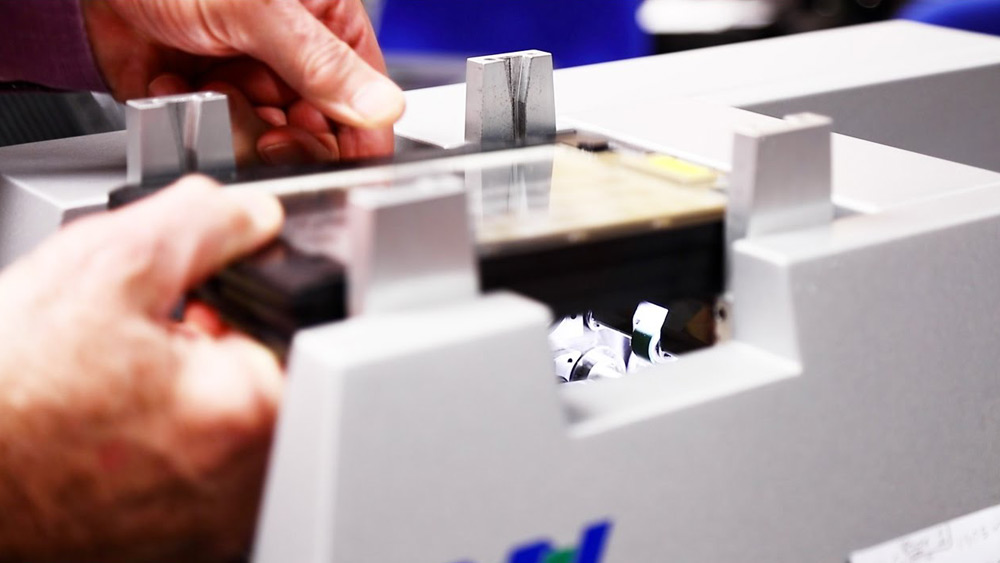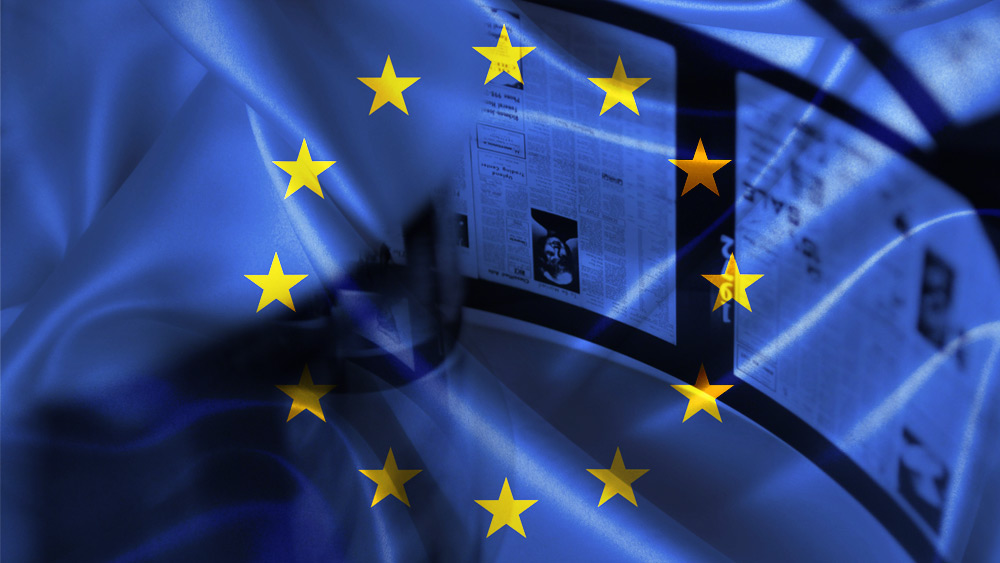There are huge quantities of microfilm material in the archives of organisations and institutions in…
DESIRE FOR PAPERLESS OFFICE THWARTED BY BUSINESS PRACTICE, HUMAN PSYCHOLOGY AND NEW TECHNOLOGY
New report on use of paper in business shows paper use set to increase
A combination of human psychology, entrenched business practices and new labour saving technologies is preventing the desire for the paperless office from becoming a reality according to a new report published today. The report, entitled ‘In Paper We Trust’, was commissioned by printer manufacturer Lexmark to explore the reasons why paper use in business continues to grow despite the introduction of new technologies aimed at reducing the number of pages printed.
The report, carried out in collaboration with leading academics from the European School of Management (Paris) and the Department of Psychology at the University of Hull (UK), shows that contrary to popular belief we are not nearing the advent of the paperless office. In fact the report reveals that the increased use of electronic media actually fuels the consumption of paper by businesses – a trend that is predicted to continue in the short to medium term.
The report reveals there are three main reasons for the continued growth of paper which explain why such an ancient, relatively bulky and unwieldy medium as paper should remain so popular:
Business practice
Many businesses state their intention to move towards a ‘paperless office’, but are thwarted by entrenched practices, government legislation and international law.
- Legal requirements – force companies to retain printed copies of all business documents for many years. Especially true for the ‘legally heavier’ economies of the UK and USA.
- Risk avoidance – countries with a culture of ‘Uncertainty Avoidance’ and a high ‘Power Distance’ such as Spain, Italy and France tend to use more paper as there is a requirement for all business transactions to be carried out in great detail to avoid mistakes.
There is also a certain resistance to change on the part of senior management.
Human psychology
Humans’ have a natural preference for paper over less tangible media such as electronic documents due to the fact it is a physical, tangible medium:
- Haptic perception – the importance of touch in human understanding of the world around them – people feel less comfortable with electronic documents as they cannot touch them.
- Object permanence – a paper document ‘feels’ more permanent than an electronic file. Electronic media may be associated with an inaccurate perception of the risks of data loss.
- Human development and memory – At school official communications are typically delivered in the form of letters, therefore we learn to respect written communication on paper. Memory also plays a part as we have all experienced a catastrophic loss of electronic information at some time and been unable to find it again. However if we lose a paper document we logically know it still exists somewhere.
Technology
No potential paper replacement offers the permanence, zero power consumption, low cost and accessibility of paper.
- Compatibility – paper has existed for thousands of years and is the dominant technology in its sector – any replacement has to maintain compatibility with it.
- Education – everyone knows how to use paper but only a minority have been educated to use electronic equipment.
- Furthermore many new technologies increase the use of paper in business environments, e.g. paper volume rises by 40% whenever email is introduced into an office* as people print off emails to read. The market for paper-oriented devices is therefore set to remain strong for the foreseeable future as there is no potential replacement for paper that combines all of its business, psychological and technological benefits.
However Lexmark’s report concludes that despite the continued growth in paper use, there is scope for paper reduction in the longer term thanks to new technology such as Electronic Document Management (EDMS) technology such as Lexmark’s Document Distributor. EDMS reduces costs by turning the conventional approach to printing on its head and encouraging more intelligent printing. Documents are kept in electronic format for as long as possible and instead of printing and then distributing documents, EDMS allows companies to distribute and then print, therefore saving on transport costs and printing costs for copies that are not needed.
Jane Cronin of Lexmark comments: “This report highlights the true reasons behind the increasing consumption of paper by businesses. Although the upward trend looks set to continue, Lexmark is working hard to encourage companies to print more intelligently, and so reduce costs, time and the environmental impact of paper consumption.”
If you would like to request a copy of the report in full, complete with contributor biographies, or want more information on Lexmark please contact Rowan Pearman or Nick Wilkins on 0207 465 7700
*Price Waterhouse Cooper
About Lexmark International
Lexmark International, Inc. is a leading developer, manufacturer and supplier of printing solutions – including laser and inkjet printers, associated supplies and services – for offices and homes in more than 150 countries. Founded in 1991, Lexmark reported more than $4.1 billion of revenue in 2001, and can be found on the Internet at www.lexmark.com



